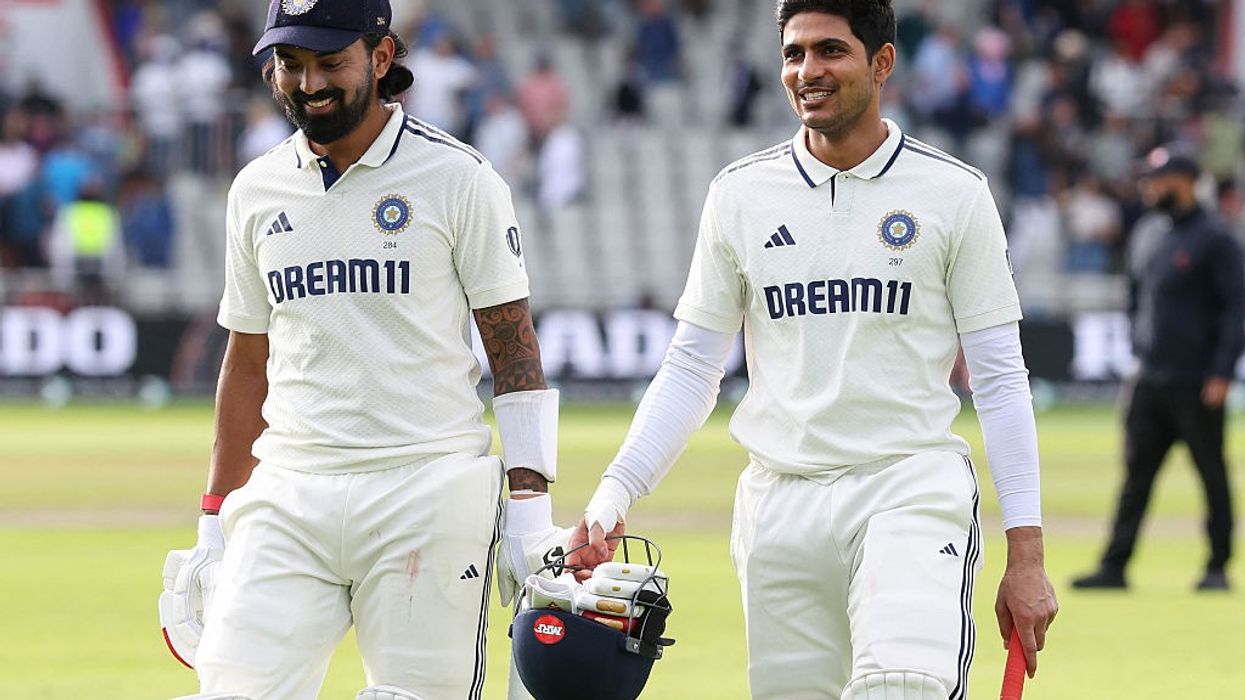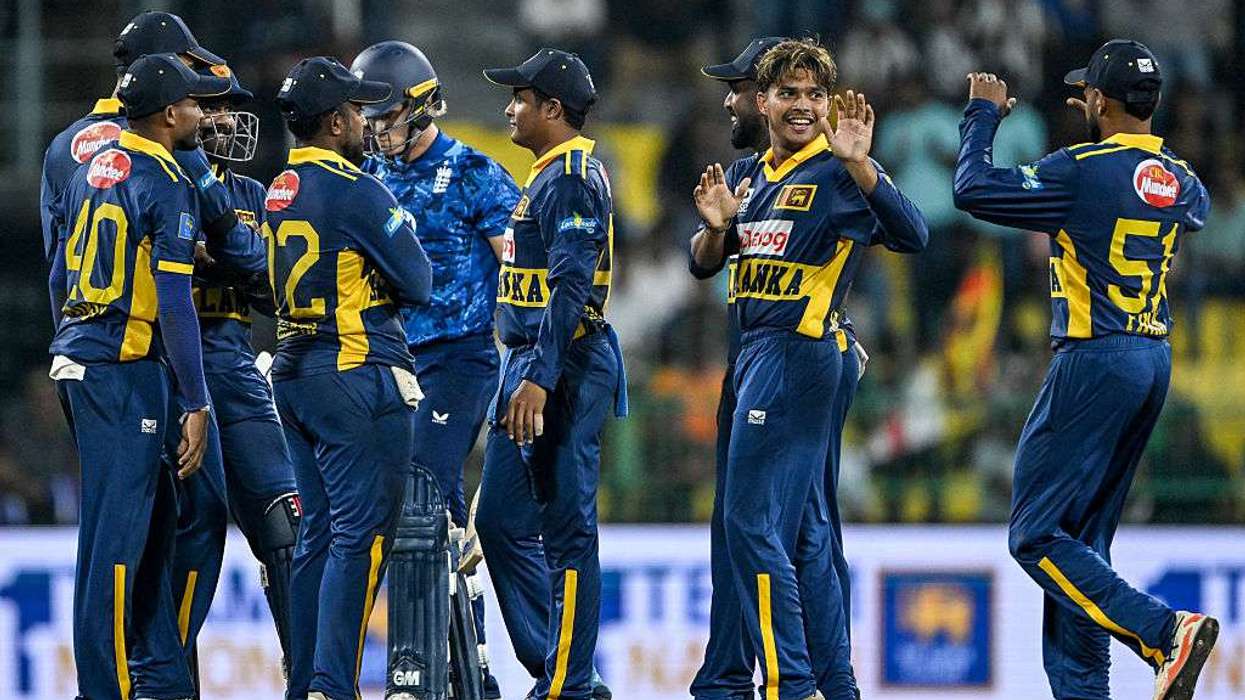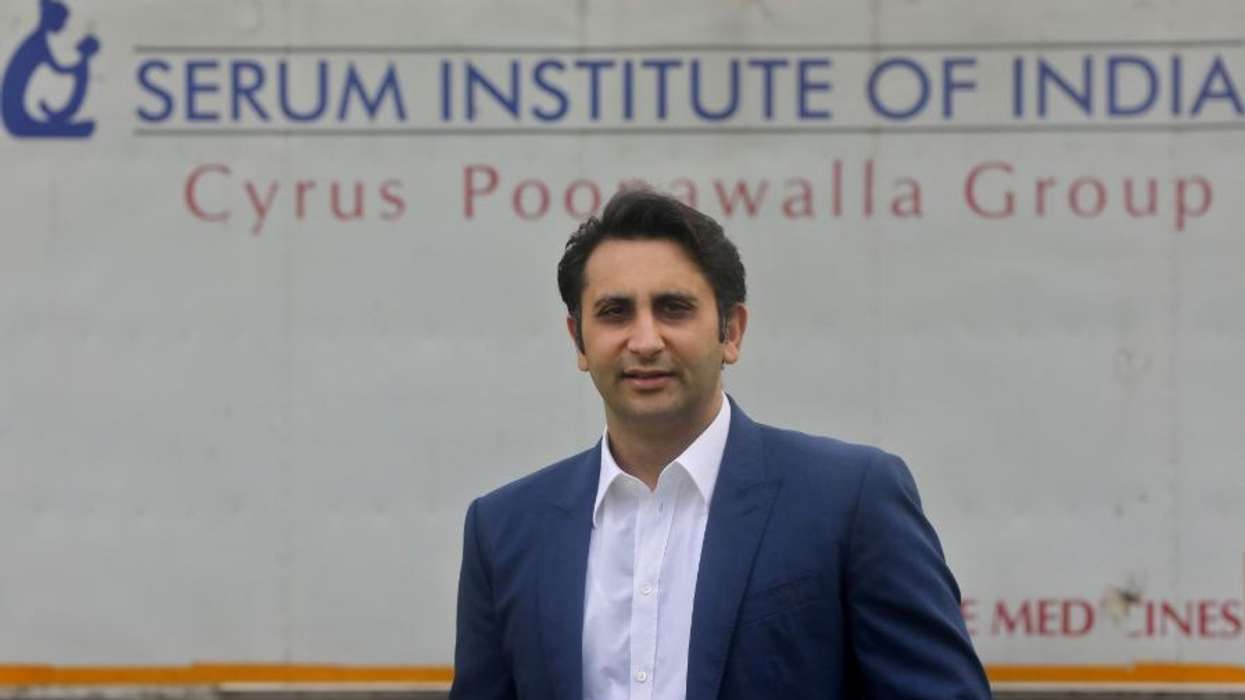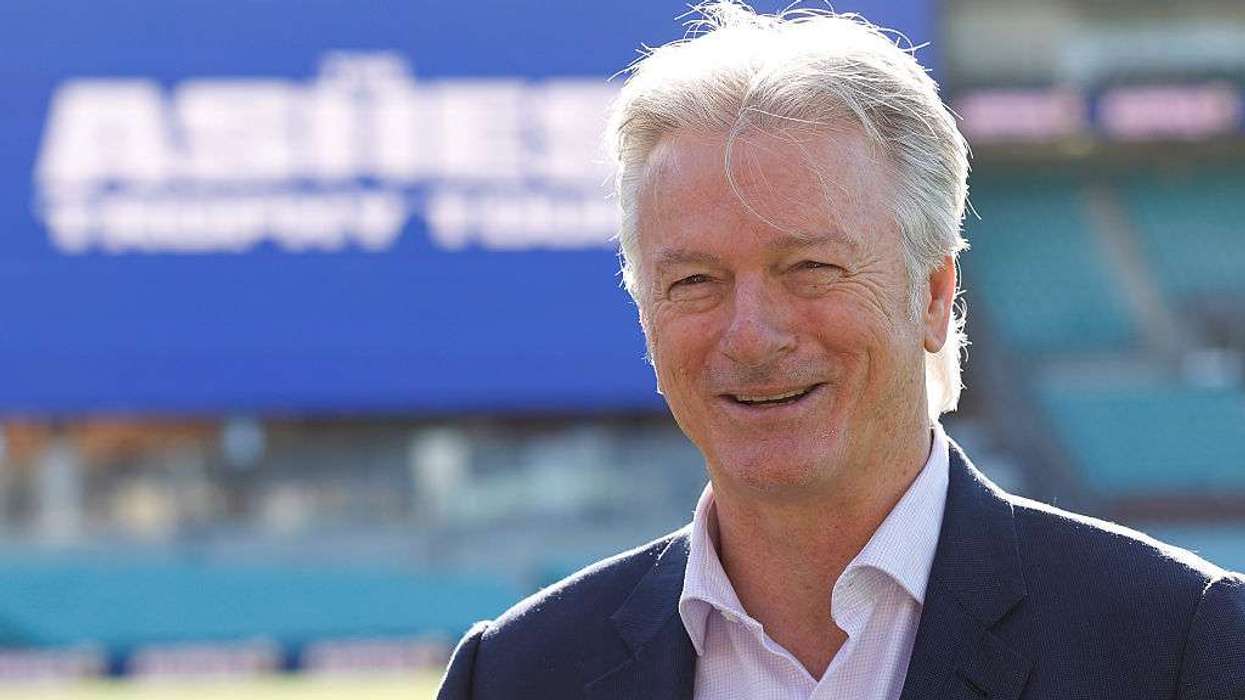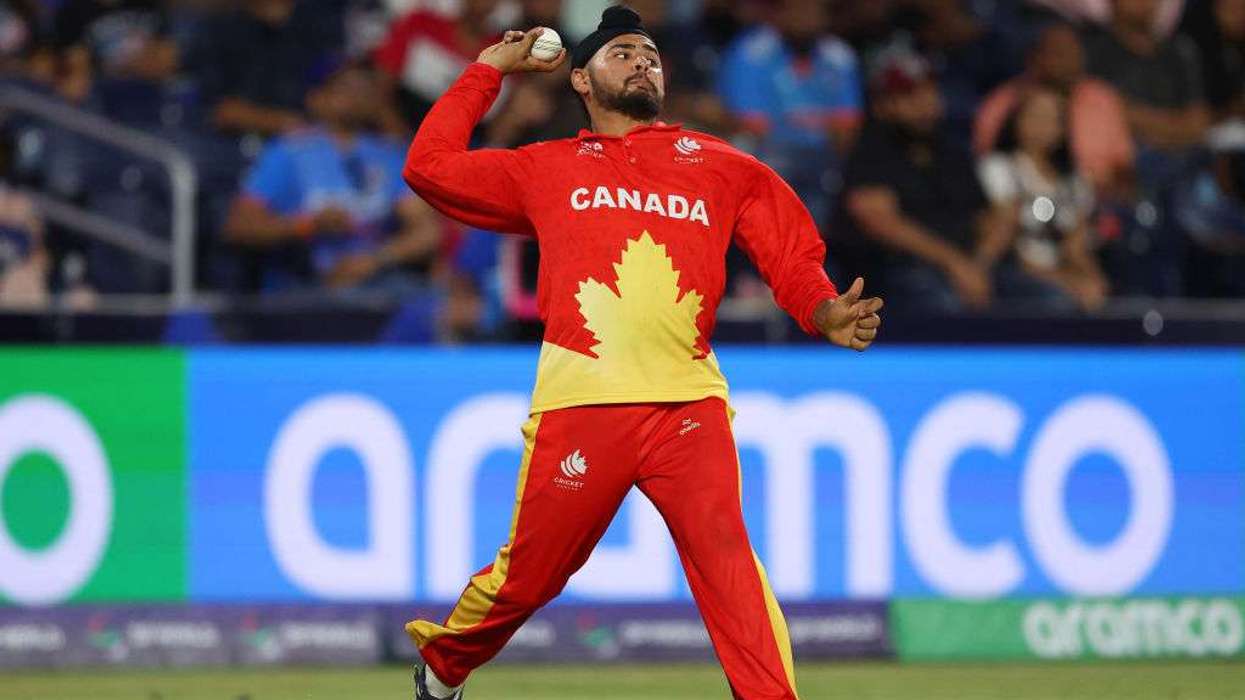A SUPERB 174-run partnership between India captain Shubman Gill and KL Rahul frustrated a previously dominant England on day four of the fourth test, narrowing the hosts' lead to 137 runs.
Chris Woakes took two wickets in two balls in the first over of India's second innings to leave them reeling on 0-2 before lunch, after captain Ben Stokes' first century in two years fired England to 669, their fifth highest test total.
Gill and Rahul survived to return for the afternoon session and steadied the ship as India ended the day on 174-2, despite England continuing to create chances.
The top scorers in this series settled in as the day wore on and piled on the runs, without being overly troubled. Gill will resume on Sunday (27) unbeaten on 78, with Rahul 13 from his century.
Stokes, who took five wickets in India's first innings, elected not to bowl after retiring hurt with cramp when batting on Friday (25).
India's battling recovery takes the fourth test to a tantalising final day, with England holding a 2-1 lead in the five-match series.
"It was very frustrating," England assistant coach Marcus Trescothick said. "We expected to get more wickets after the first over of the innings.
"The ball was nipping around but they batted really well. They were positive, but we still felt we could pick one or two up.
"He (Stokes) is a bit stiff and sore. He has had a big workload in the last few weeks. Hoping with another night's rest he will be back and can bowl tomorrow."
Resuming on 544-7, with Stokes on 77, the skipper looked nervous as he edged towards a long-awaited ton. He pointed to the skies -- in tribute to his father -- when he reached three figures early on Saturday (26).
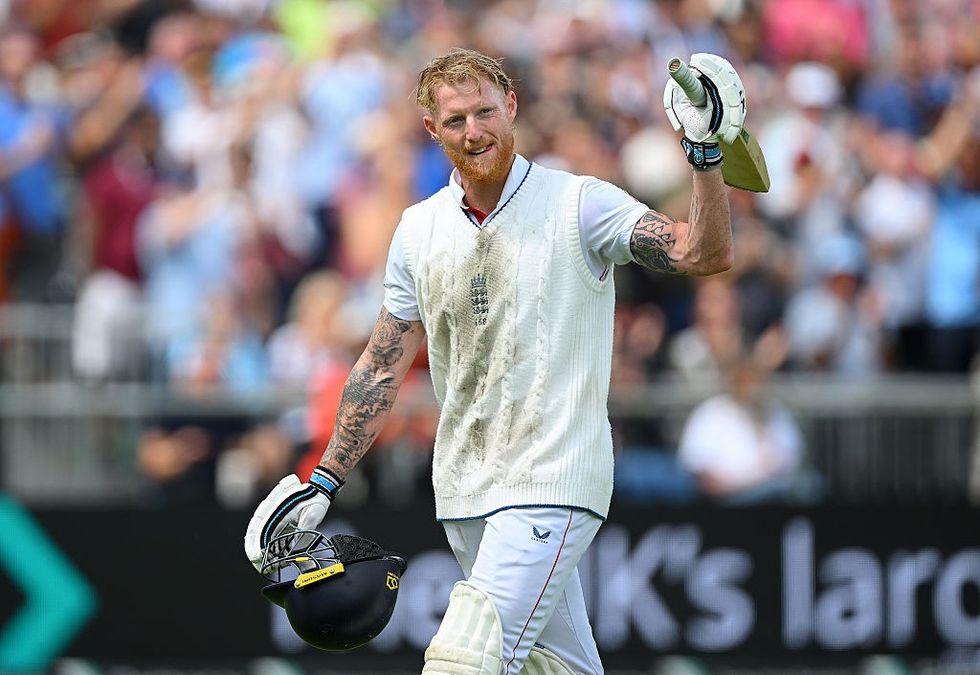
Stokes became only the fourth England player in test history to take five wickets and make a century in the same match and was the first captain to do so.
After Liam Dawson had been dismissed, Stokes started playing more freely once he had scored his century. He belted a huge six and another four to cross 7,000 test runs and take the hosts past 600.
Stokes joined West Indian great Gary Sobers and South African Jacques Kallis as the only test players to have scored 7000 runs and take 200 wickets.
The boundaries continue to flow, with Brydon Carse getting in on the act before Stokes was out for 141. Carse attempted one six too many and was also caught on the boundary for 47 to bring England's colossal innings to an end.
With 15 minutes to navigate before lunch, India crumbled under the pressure. Yashasvi Jaiswal was caught in the slips by Joe Root and Sai Sudharsan followed him back next ball.
Gill, who has three centuries already this series, reached his eighth test fifty in cruise control.
Rahul became only the 13th visiting opener to score more than 500 runs in England in a series and the second Indian opening batsman after Sunil Gavaskar.
"Both today and tomorrow, we just need to take it hour by hour," India batting coach Sitanshu Kotak told reporters. "They (Gill and Rahul) showed great determination. They batted brilliantly. Rahul has been outstanding in this series."
(Reuters)
